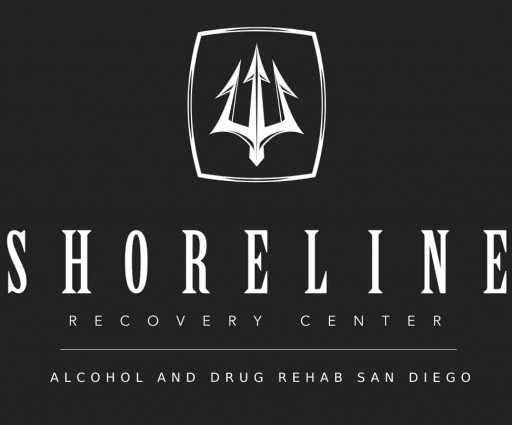SAN DIEGO, February 9, 2023 (Newswire.com) - Shoreline Recovery Center and sister center Park Mental Health's priority is creating a new focus on healing the family system; there's a huge emphasis on teaching parents boundaries when it comes to involvement in their adult kid's life during meetings with therapists who show them how to set healthy boundaries.
"We have a program on enabling that's offered within family support sessions," said Craig Burson, Shoreline's Director of Business Development. "The program focuses on client accountability and also helps develop peer accountability among clients by building personal relationships with them."
It's natural for loved ones to help loved ones during difficult times. Unfortunately, the lines are frequently blurred between helping and enabling when it comes to those struggling with mental health and addiction, creating more hurt than help and prolonging the healing and recovery process due to codependency.
Although enabling often comes from a loving place, the generosity often encourages the behavior of the person struggling to engage in unhelpful behaviors and patterns. It's a pattern well-known in the world of addiction and substance abuse. Instead of holding their children accountable to their recovery and boundaries set by treatment centers or therapists, a parent's shame and guilt takes over and they give in once again. This is a cycle that prolongs healing, recovery, and self-sufficiency. Sometimes, enabling leads to someone not ever being able to recover.
"Enabling is one of the main reasons people don't get well," said Mikayla Weathers, LMFT and program director at Park Mental Health. "It often gets in the way of the tools we teach clients so they can heal from their mental health struggles and/or addiction."
The majority of the patients at Shoreline Recovery Center and Park Mental Health have been enabled to a high degree through their 30s. This can result in difficulty trying to find a job, housing, general safety, security and ultimately decreases the ability for someone to launch into adulthood and self-sufficiency. Weathers states, "When someone is not self-actualized, it often leads to shame and low self-esteem, which triggers a relapse cycle and or mental health crisis."
"Many times, parents give into requests for cash and other things during treatment thinking they are helping to comfort their loved one," Weathers said. The reason this happens includes wanting them to feel comfortable and having guilt related to abandonment. Some even choose to ignore the problem entirely to avoid conflict.
Every other week both facilities hold a virtual family support group that involves psycho education for parents on setting boundaries with their children so they understand the behavior is common but that it's very harmful towards healing. They also learn coping skills and techniques that set them up for success and lead to a path of their own recovery from enabling.
The facilities also offer relapse prevention plans for enabling behaviors during the discharge process.
Contact Information:Steven Esparza
Chief Executive Officer
[email protected]
6193631368
Craig Burson
Business Development Director
[email protected]
Original Source: San Diego-Based Shoreline Recovery Center and Park Mental Health Create New Emphasis on Programming That Addresses Enabling Behavior for Improved Addiction Recovery




